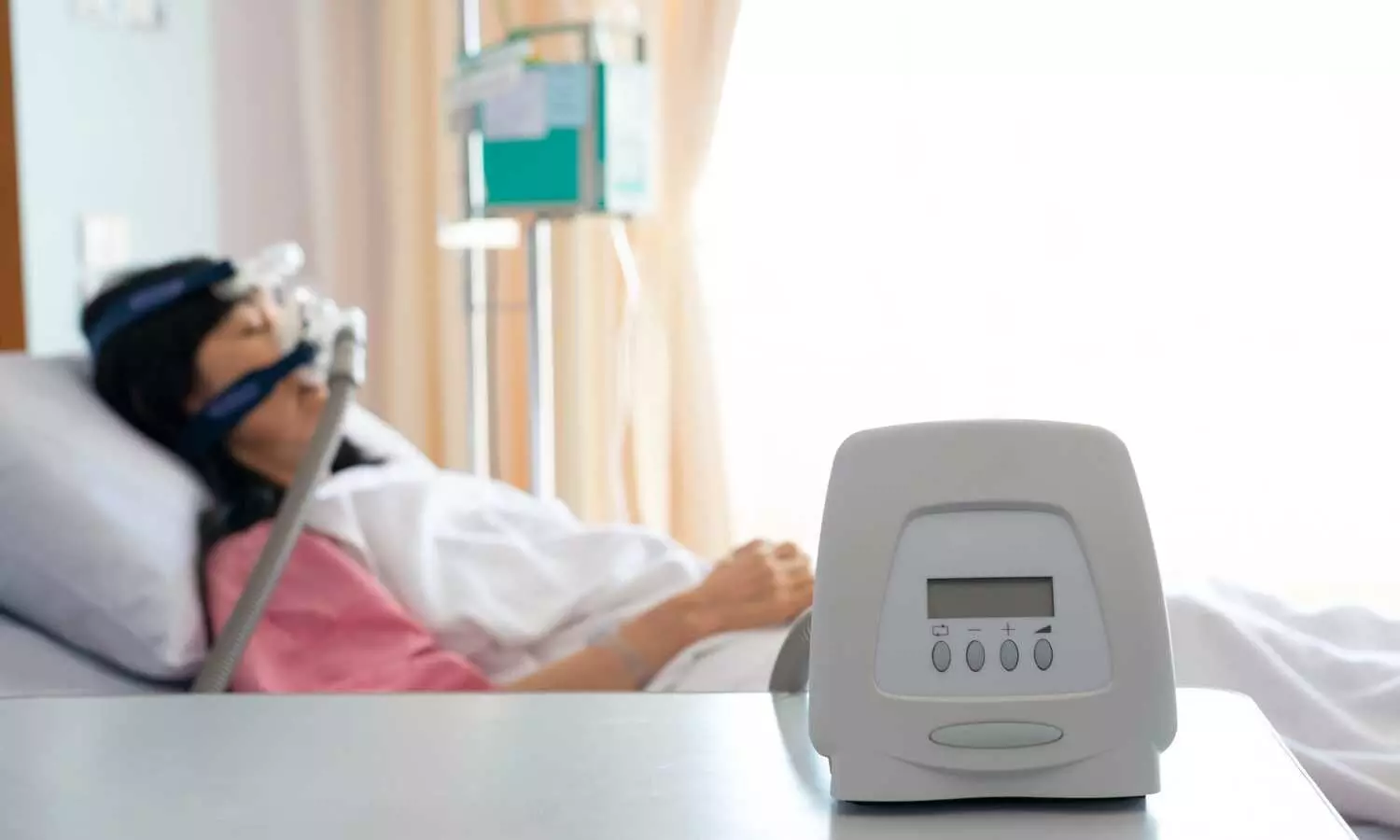OSA Patients Face Double the Risk of RSV Infection and Severe Complications: Study Finds

Taiwan: Patients with obstructive sleep apnea (OSA) may face a significantly increased risk of contracting respiratory syncytial virus (RSV) and experiencing severe outcomes, according to a large retrospective cohort study conducted using data from the TriNetX US Collaborative Database. The findings were published online in the Journal of Medical Virology on 07 April 2025.
Renin Chang, Division of Medical Research, Kaohsiung Veterans General Hospital, Kaohsiung, Taiwan, and colleagues conducted a retrospective cohort study to assess the link between obstructive sleep apnea and the risk of respiratory syncytial virus infection, along with associated complications, utilizing data from the TriNetX US Collaborative Database.
They examined the health records of over 1 million individuals diagnosed with OSA and compared them with a control group of nearly 3.5 million individuals without the condition. To ensure a fair comparison, the groups were matched using propensity score techniques that accounted for 19 different variables, helping to balance their baseline characteristics.
Key Findings:
- Individuals with obstructive sleep apnea were more than twice as likely to contract respiratory syncytial virus compared to those without OSA (0.18% vs. 0.08%).
- The hazard ratio (HR) for RSV infection among OSA patients was 2.194, indicating a significantly increased risk.
- Patients with OSA had a higher likelihood of developing respiratory failure following RSV infection, with an HR of 1.291.
- The risk of hospitalization due to RSV was also elevated in the OSA group, with an HR of 1.114.
- The need for admission to intensive care units was greater among OSA patients with RSV, as reflected by an HR of 1.329.
The findings were consistent across multiple sensitivity analyses, which considered different follow-up durations, database subgroups, and study timeframes. Subgroup evaluations based on age and sex further supported the overall results, emphasizing the consistency and robustness of the observed associations.
The authors suggest that these findings may have important clinical implications. Recognizing OSA as a potential risk factor for RSV infection and its complications could help guide preventive strategies, early interventions, and risk stratification efforts.
Given the increasing awareness of RSV’s impact on adult populations—especially those with underlying health conditions—the researchers recommend further investigation to confirm these findings and evaluate whether patients with OSA should be classified as a high-risk group for RSV.
“The large-scale, real-world data analysis adds a new dimension to the understanding of RSV vulnerability and highlights the broader systemic impacts of obstructive sleep apnea beyond its well-known effects on sleep quality and cardiovascular health,” the authors concluded.
Reference:
Ssu-Yu Chen, S., Ting-An Lin, T., Chiang, L., Chen, Y., Chen, Y., Hung, M., & Chang, R. (2025). Obstructive Sleep Apnea and Risk of Respiratory Syncytial Viral Infection: A Retrospective Multi-Institution Cohort Study. Journal of Medical Virology, 97(4), e70323. https://doi.org/10.1002/jmv.70323
